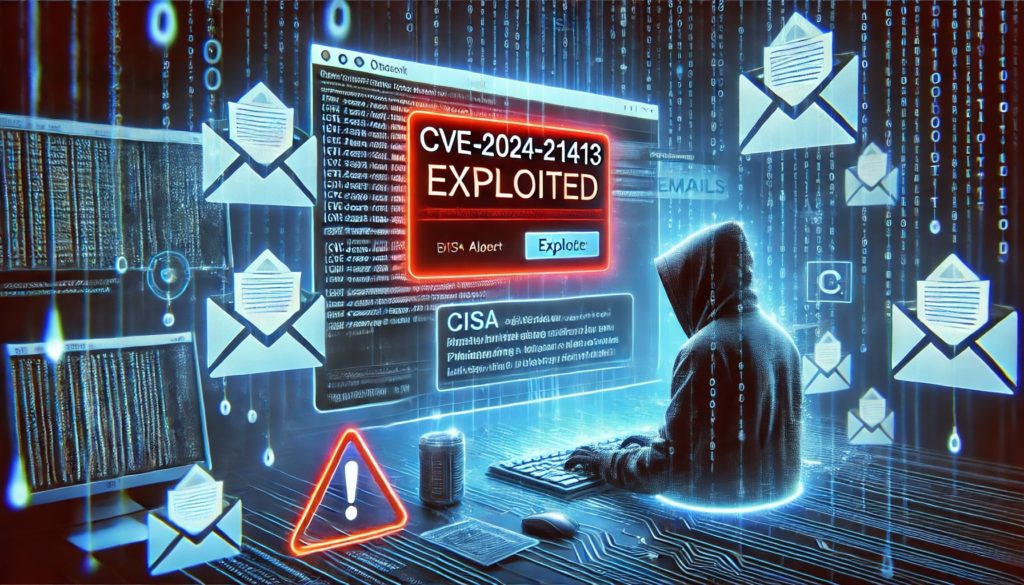In the light of this digital era, the Cabinet of Ministers passed a resolution on May 11, 2021, to adopt the new Public Company Limited Act (“Drafted Legislation”) in order to modernize the corporate processes and provide operational convenience to the public limited companies under the Public Limited Companies Act B.E. 2535 (1992) (“Act”) by introducing electronic arrangements for relevant procedures and eliminating outdated and inefficient requirements thereunder.
This article summarizes the essential elements and compares the previous provisions under the Act to the updated legal requirements under the Drafted Legislation.
- Electronic Advertisement
Currently, Section 6 of the Act requires the public company to notify, or notice, or make the advertisement, or publication of any statement related to any company in the Thai language through the daily newspaper distributed in the area where the principal business office of such company is located. If there is no daily newspaper in such area, the advertisement can be distributed in Bangkok.
By this Drafted Legislation, the public company can execute such advertisement or notification via a Thai-language daily newspaper or electronic means. Further, they also reduced the advertisement period from not less than three consecutive days to one day to improve and facilitate doing business.
- Electronic Notice
Under Section 7 of the Act, the public companies must send an order, a notice, a letter, or any document to the recipient in person or by registered post. Despite this limited channel of communication, the Drafted Legislation allows the sending of the order, notice, letter, or any document to the recipients such as shareholders, directors, and creditors via electronic means, provided that these recipients have declared an intention or provided consents to receive documents through this channel.
- Electronic Meetings
Following the recent introduction of Emergency Decree on Electronic Meetings in 2020, the Drafted Legislation has incorporated relevant provisions to allow the conduct of the board’s meeting through electronic means. By the arrangement of this e-meeting, the public company’s board has to comply with specific requirements, such as the security measures, the recording of meetings, and the safekeeping of all relevant documents in electronic files. The Drafted Legislation also permits the shareholders’ meeting to be arranged via electronic media, subjected to the further regulations as stipulated by the Head Registrar. It is worth noting that the electronic meeting must be conducted at the head office of a public company.
- Director with Authority to Summon the Board’s Meeting
Section 81 of the Act explicitly gives the sole authority to the chairman to summon the board’s meeting. However, if at least two directors request summoning a meeting for necessity or protecting the rights or benefits of the company, the chairman shall fix the date of the meeting within 14 days from the date of request.
The Drafted Legislation will then eliminate this inflexibility; in case the chairman does not summon the board’s meeting, the requesting directors may jointly summon and fix the date of the meeting within 14 days from the end of such 14-day period as aforementioned. Additionally, the vice-chairman or at least two directors can summon such a meeting when the chairman is absent. - Electronic Summoning of Shareholders’ Meeting
Similar to the introduction of e-notice submission, shareholders of public companies are also permitted by the Drafted Legislation to summon the meeting via electronic means, provided that the recipient shareholders have expressed consents to receive notice through this channel.
- Electronic Letter of Proxy Appointment
In the absence of a formal procedure for the proxy appointment under Section 102 of the Act, the Drafted Legislation hereby allows the appointment of a proxy via electronic means. This e-appointment, however, has to be executed through safe and reliable methods to verify that the shareholder has legitimately authorized such an appointment.
Concluding Remarks
In spite of the fact that this Drafted Legislation has not yet been finalized nor officially enacted, this amendment introduces much-needed convenience to public companies in Thailand and support the business sector to enter the digital age, where every process can be done online, and every document will be safely kept in the digital cloud. With this Drafted Legislation, we expect the enhanced efficiency of public companies with the data management that provides security and accessibility to all relevant stakeholders.
This amendment is one of the recent amendments to the Thai legal system to revolutionize outdated procedures. It is now up to us to adapt to the change and reaps the benefits that the digital age has to offer.
Citation : พระราชบัญญัติบริษัทมหาชนจำกัด พ.ศ. ๒๕๓๕ Retrieved from รัฐบาลไทย-ข่าวทำเนียบรัฐบาล-สรุปข่าวการประชุมคณะรัฐมนตรี 11 พฤษภาคม 2564 (thaigov.go.th) , Retrieved 9 July, 2021









